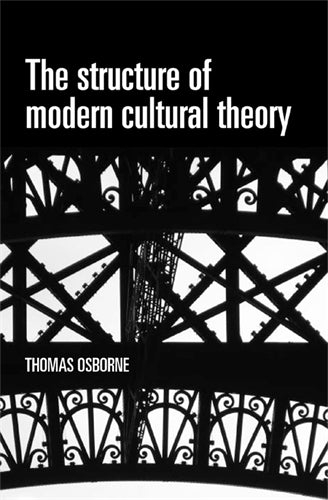Description
Explore the profound insights offered in 'The Structure of Modern Cultural Theory,' a definitive guide to understanding contemporary cultural theory. This essential read delves deep into the foundations of cultural theory, focusing on influential thinkers like Theodor Adorno, Pierre Bourdieu, and Michel Foucault. This book serves as both an introduction and a robust defense of modern cultural theory, highlighting its relevance in today's rapidly evolving landscape. Whether you're a student, researcher, or simply curious about cultural studies, this text illuminates the critical autonomy and creativity of thought necessary for navigating our postmodern existence. Discover how these intellectual giants collectively argue for a cultural theory aimed at fostering ethical autonomy and encouraging innovative thinking. By analyzing the intersections of culture, agency, and creativity, this book challenges readers to rethink their perspectives and recognize the ideological frameworks that shape their understanding of the world. Perfect for anyone interested in cultural studies, philosophy, or sociology, 'The Structure of Modern Cultural Theory' not only describes the complexities of culture but also empowers readers to cultivate transformative thought and exploration.

